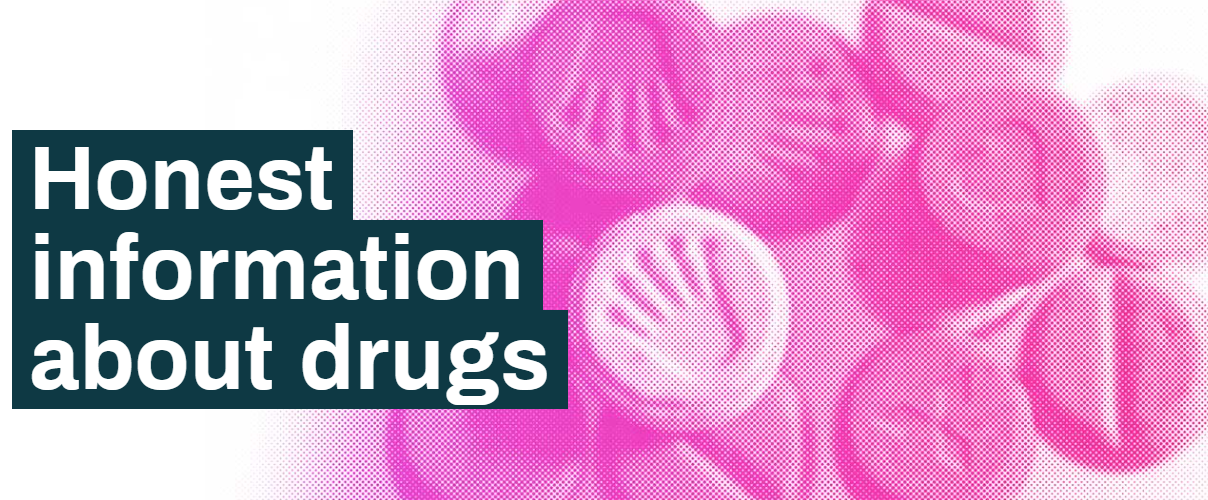Drug Safety
It’s no secret that University students may choose to experiment with drugs or 'legal highs'. With this in mind, the Students’ Union have put together this information to make sure you know the facts about drugs and 'legal highs' and how to get help if you need it.
You need to stay extra careful and remember that any drug use is risky as you can never be certain what the drug contains or its strength. If you're going to use a drug, you should always test a small amount first and then wait to see what the effect is on you - drugs can have very different effects on different people. Avoid mixing with other drugs or with alcohol, which can massively increase your risk of overdose.
To be safer, don't use drugs alone, stick with others while you're feeling the effects of the drugs and let friends know what you've taken. If your friends are using drugs, stay with them and keep an eye out for any signs of a bad reaction or overdose. These reactions may vary with the drug but could include, dehydration and overheating, irregular or very fast heartbeat, drowsiness, shallow breathing and unconsciousness.
If you want to talk to FRANK in confidence about yourself or about a friend then you can call the helpline 24 hours a day, 7 days a week on 0300 123 6600 or you can chat online between 2-6pm every day.
Canterbury Forward Trust is a good local point of call for help and advice

Drugs and their effects
These organisations provide comprehensive guidance and information on drugs and their effects:
The mission of DrugWise is to provide drug information which is topical, evidence-based and non-judgemental. DrugSearch Encyclopedia is a list of drugs and their effects with the inclusion of slang or brand names as well.
Drugs and Me provides accessible, objective and comprehensive educational material to help reduce the short and long term harms of drugs. They are a group of scientists, educators and analysts with extensive experience in drug education. They wanted to do something to stop the increasing number of accidents and deaths that occur in the world due to lack of drug education.
FRANK provides honest information about drugs, as well as help, advice and support
Keep yourself and your friends safe
Drugs and Me provides guidance on overdose, the risks, the signs and symptoms and what to do if you think someone has overdosed, as well as tips for avoiding overdose
FRANK provides guidance on dealing with Peer Pressure
FRANK also provides Tips to Talking to a Friend about Drug use
Thinking of getting help?
Each year numerous people seek help to stop using drugs and although many people may find it easy to stop some people will have greater difficulty. This will be especially true if they are physically and psychologically addicted.
Withdrawal from a substance will generally have the opposite effect of the substance that was used so if the drugs made you feel relaxed and laid back or more sociable and euphoric then with the withdrawal effects you may experience anxiety, moodiness, perspiration, nausea, irritability, sleep disturbance, tremors and a sense of loss of varying degrees.
Fortunately, you do not have to help someone through their addiction alone. Canterbury Forward Trust is a good first point of call for help and advice. Local services also offer friends and families support group for anyone who is concerned about someone else’s drug or alcohol use. The group is a confidential and informal space.
Getting help
Canterbury Forward Trust can help you with help and advice. Local services also offer friends and families support group for anyone who is concerned about someone else’s drug or alcohol use. The group is a confidential and informal space.
Visit the FRANK website to find local drug treatment services. If you're having trouble finding the right sort of help, call the Frank drugs helpline on 0300 123 6600. They can talk you through all your options.
OK Rehab is a rehabilitation service delivered by 'in recovery' individuals with lived experience who signpost and specilise in drug treatment. To find out more information and how they may be able to help you, visit their website or freephone 0300 326 5559.
Other services available